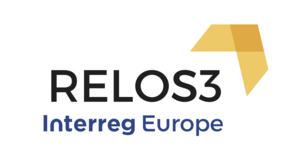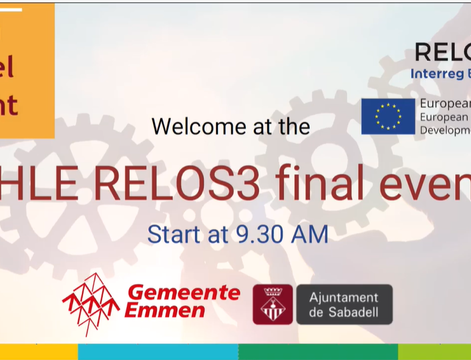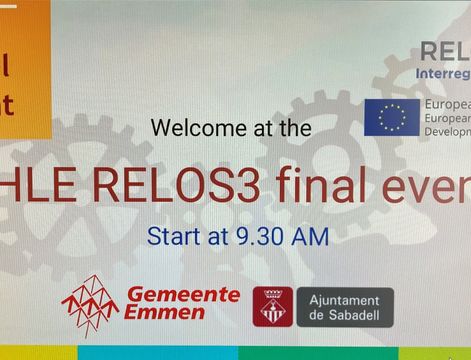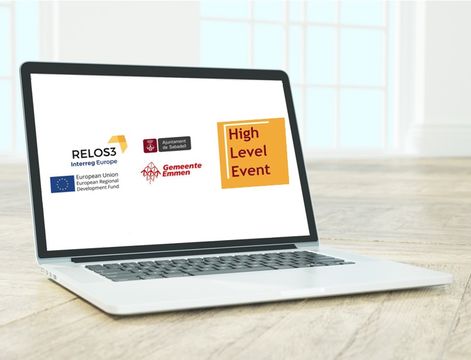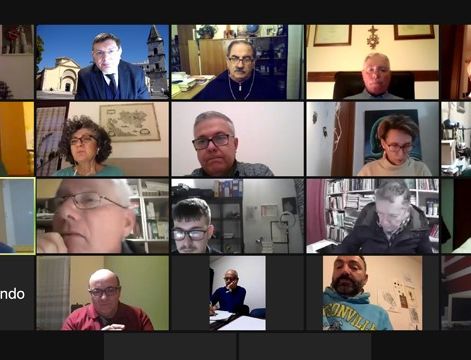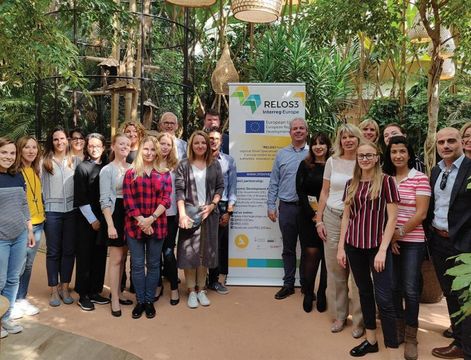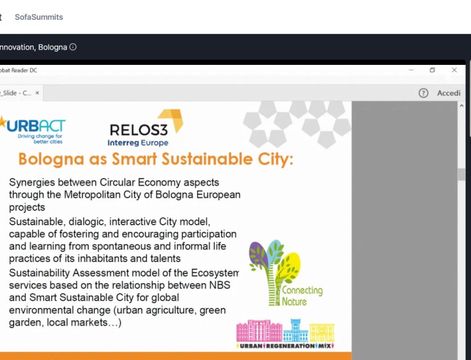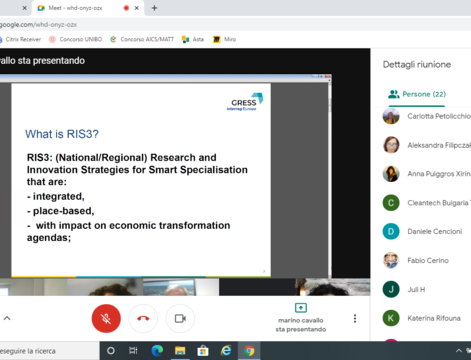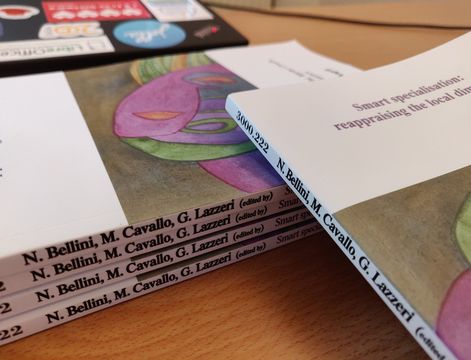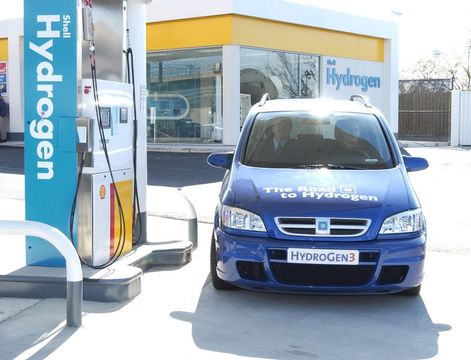The local authority of Emmen is a partner in the RELOS3 project. One of their local stakeholders is the Rijnland Institute. It is a cross-border institute that focuses on knowledge transfer for regional development in the Dutch-German border area.
Tourism and leisure
One of the most important sector for the Institute is tourism and leisure. Along the border, there are many opportunities for further development. Research showed that this was a desire of entrepreneurs, industry associations and visitors, with companies looking at the knowledge institutes and (local) government for facilitating innovation in the sector. Cross-border activities are also very attractive for tourists, adding a special touch that cannot be copied. A preliminary meeting brought about 20 motivated stakeholders from both sides of the border together.
Quadruple Helix in action
From that first meeting, it turned out at that the entire Quadruple Helix had a need for further cooperation. At a meeting of RELOS3 and Rijnland Institute, Wian Stienstra of RELOS3 noticed the similarities. He pointed out the bottom-up approach of RELOS3 and the relevance for all sectors to adopt the thinking promoted by the Smart Specialisation Model, also in preparation for the new EU programming period.
Hackathon - a new working form
Once Emmen and the Rijnland Institute discovered the relevance of this problem to both organisations, they wanted to capture the combined energy of the stakeholders and contribute to the Smart Specialisation Strategy.
For that, Wian Stienstra took inspiration from his experience in Open Source software: "I have been an Open Source enthusiast for a long time, and in Open Source a working form called the hackathon was developed. It means a group of people 'hacking' (i.e. actively working on resolving it) on a problem, and it lends itself for many types of co-creation and open innovation, almost everything that goes beyond plain brainstorming. In this case, the stakeholders' mission was to develop a cross-border tourism product."
A weekend or even a full day of hacking with all the stakeholders was not practical, so Wian took it upon him to adapt the working form so the hackathon principles would work for this group of stakeholders. For this, he developed a practical educational module, explaining the working form to the stakeholders, and extensively drawing on his own experiences while travelling. He then got all the groups going, facilitated discussion and provided them with homework, working as both a teacher and a facilitator.

Feedback from RELOS3 stakeholders
Cigdem Zantingh is the Programme Manager at the Rijnland Institute: "Our cooperation with RELOS3 proves to be a real asset in cross-border cooperation. We are pleased that RELOS3 can help us to advance our Institute and help us expand our Communities of Practice." Luc Hulsman of Dutch Management Authority SNN remarked: "This is bottom-up innovation in RIS3. This is the essence of RELOS3, putting the power at the local level, and putting Open Innovation in practice."
Further development and more information
Three German-Dutch groups are now working on a new cross-border product, consulting each other and drawing on advice from the facilitator. They are going to present their (draft) products at the next meeting. At the next meeting, a futurologist will join the group, making it possible to fine-tune the products that were developed. In the mean time, the educational module will also be refined so it is more easily transferred to other organisations.
If you want more information, or adopt the working form for yourself, don't hesitate to get in touch with our Dutch partner for further information.
